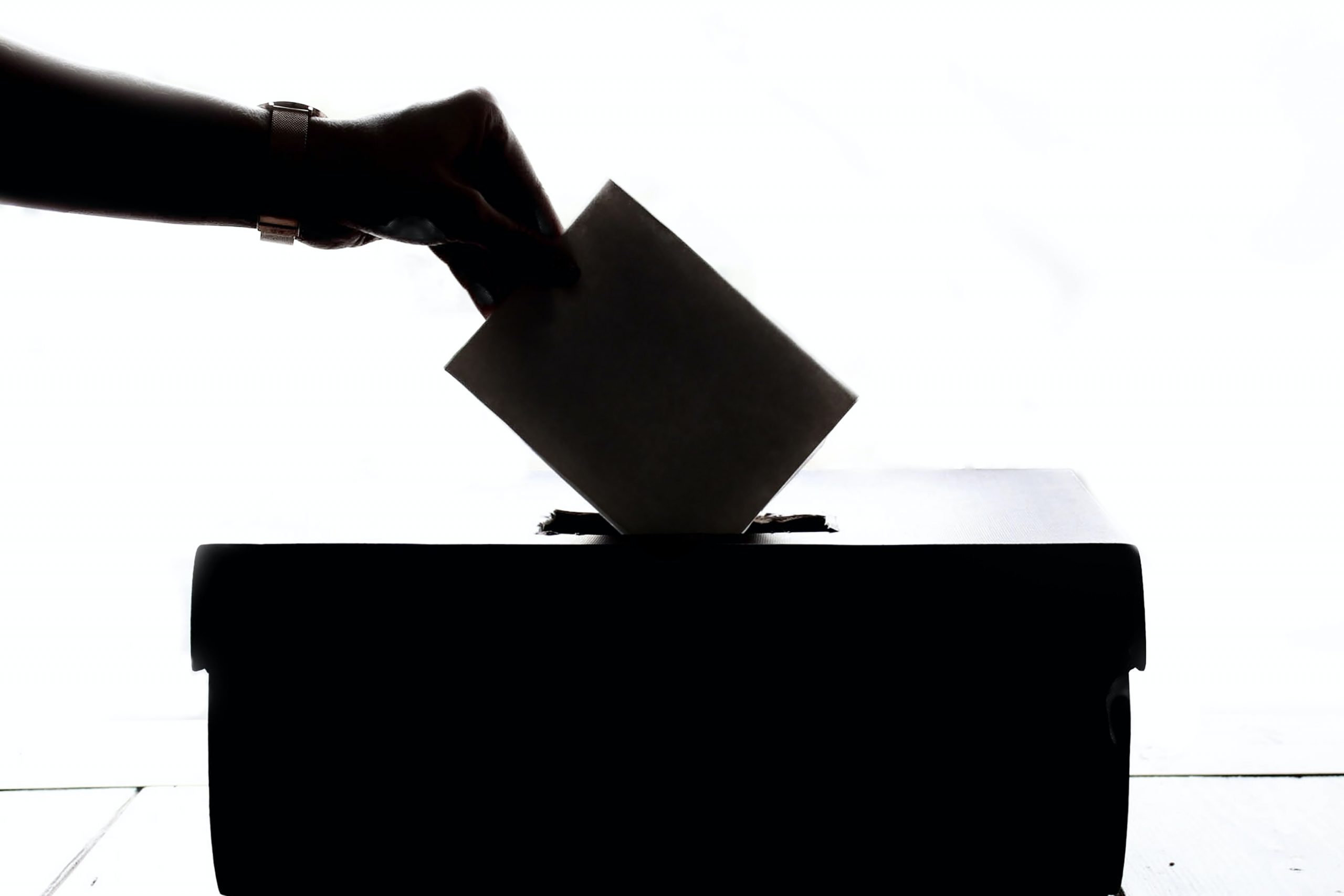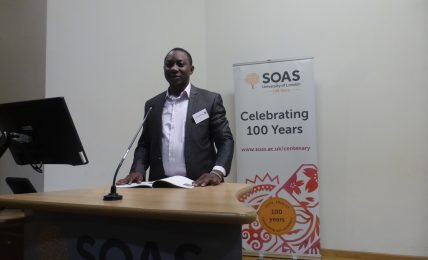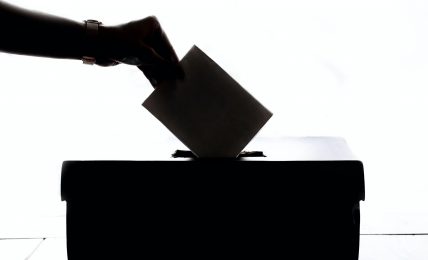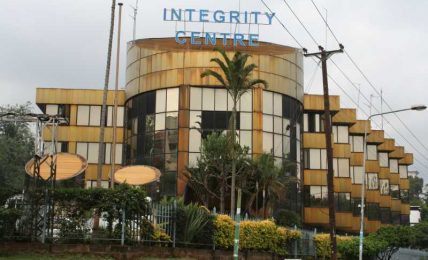High Cost of Elections is a Threat to Democracy in Africa
African countries cannot sustain the high cost of elections in the face of competing public spending priorities. The dependence on donor support to bridge election budget deficits erode national sovereignties and expose countries to foreign manipulation. With Sub-Saharan African countries holding the most expensive elections in the world, there is an urgent need to rethink the entire democratic process.








